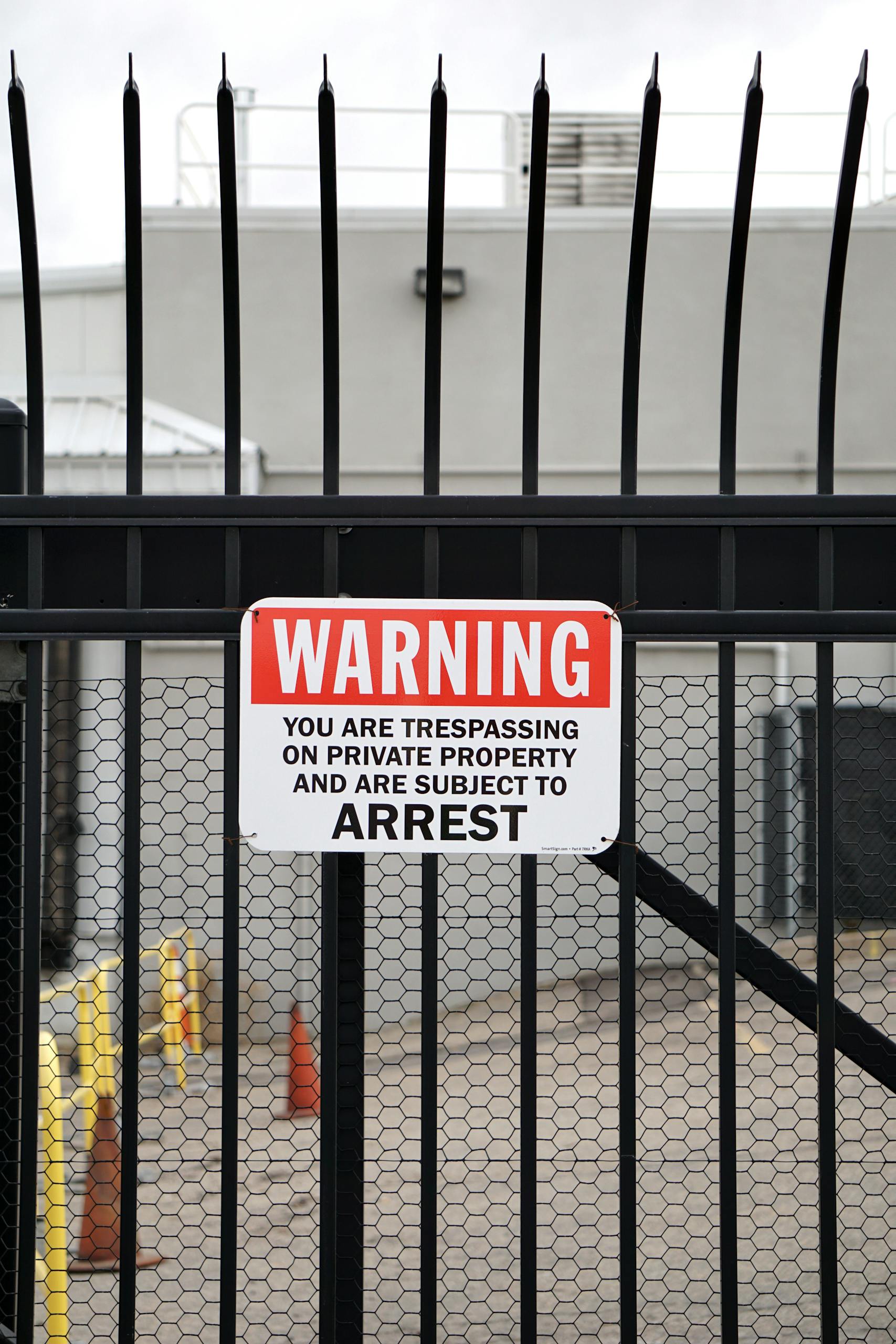Is Trespassing a Felony? What Are the Consequences in 2024
Trespassing – it’s a term we’ve all heard, but do we really understand its legal weight? Many wonder: is it just a minor offense, or could it lead to felony charges? Let’s dive into this complex legal issue and uncover some surprising statistics:
- According to the FBI’s Uniform Crime Reporting (UCR) Program:
- In 2022, there were approximately 1.7 million property crimes reported in the U.S.
- Trespassing falls under this category, alongside burglary and theft
- A study by the Bureau of Justice Statistics found:
- About 12% of property crimes resulted in an arrest
- Approximately 3% of trespass cases escalated to more serious charges
- The National Association for Shoplifting Prevention reports:
- Retail trespassing (entering a store after being banned) costs businesses over $6 billion annually
These numbers paint a picture of how common and costly trespassing can be. But is it a felony? Let’s find out!
Is Trespassing Classified as a Felony?
Trespassing is generally classified as a misdemeanor, but certain circumstances can elevate it to a felony. Let’s break this down:
Definition of trespassing
Trespassing is entering or remaining on someone else’s property without permission or legal right.
Factors that can elevate trespassing to a felony:
- Intent to commit a felony while trespassing
- Causing significant property damage
- Trespassing in certain high-security areas (e.g., military bases)
- Repeat offenses
- Trespassing with a deadly weapon
State-by-state variations in trespassing laws:
Laws vary significantly by state. For example:
- In California, most trespassing is a misdemeanor, but aggravated trespass can be a felony
- In Texas, criminal trespass is typically a misdemeanor but can be a felony if a deadly weapon is involved
- In New York, trespassing is usually a violation or misdemeanor but can be a felony in certain circumstances (e.g., school grounds with a firearm)
Federal law perspective on trespassing:
Federal trespassing laws typically apply to federal lands and buildings. Trespassing on federal property can be a felony, especially if it involves national security sites.
Comparison of misdemeanor vs. felony trespassing charges:
Misdemeanor trespassing usually results in fines and possibly short jail time. Felony trespassing can lead to significant prison time and hefty fines.
Examples and Scenarios of Trespassing
Understanding trespassing becomes clearer when we examine real-world scenarios:
Case study: Simple trespassing on private property
A hiker unknowingly wanders onto private land. This is typically a misdemeanor if the hiker leaves when asked.
Trespassing in a restricted government facility
An individual sneaks into a military base. This could be charged as a felony due to national security concerns.
Repeated trespassing leading to escalated charges
A person repeatedly enters a neighbor’s property despite warnings. After multiple offenses, charges might be elevated.
Trespassing with intent to commit another crime
Someone enters a closed store intending to steal. This could be charged as felony burglary rather than simple trespassing.
Aggravated trespassing involving weapons or threats
A person enters private property while armed and threatens the occupants. This scenario could easily result in felony charges.
Frequently Asked Questions about Trespassing
Let’s address some common questions about trespassing:
What’s the difference between criminal and civil trespassing?
Criminal trespassing is a legal offense prosecuted by the state. Civil trespassing is a dispute between private parties that may result in a lawsuit.
Can trespassing charges be dropped if the property owner doesn’t press charges?
Often, yes. However, in some cases, especially involving public property, prosecutors may pursue charges regardless of the property owner’s wishes.
How does intent factor into trespassing charges?
Intent is crucial. Accidentally wandering onto private property is typically treated less severely than intentionally entering a clearly marked restricted area.
What are the long-term consequences of a trespassing conviction?
Consequences can include a criminal record, difficulty finding employment or housing, and potential impacts on professional licenses.
Can ignorance of property boundaries be used as a defense in trespassing cases?
Sometimes. This defense may be more effective for unmarked boundaries but less so for clearly marked private property.
Key Tips and Advice: What to Do If Charged with Trespassing
If you’re facing trespassing charges, here’s what you need to do:
Immediate steps to take following a trespassing arrest:
- Remain calm and cooperate with law enforcement
- Do not resist or argue with the police
- Exercise your right to remain silent
- Do not discuss the incident with anyone except your lawyer
Importance of remaining silent and requesting an attorney:
Anything you say can be used against you. Request an attorney immediately and avoid explaining or defending yourself without legal counsel present.
Gathering evidence and witness statements to support your case:
Document everything you remember about the incident. Identify potential witnesses and preserve any evidence that might support your case, such as photographs or GPS data.
Understanding plea bargains for trespassing charges:
Prosecutors may offer a plea deal. While this can result in reduced charges, it’s crucial to understand the long-term implications. Never accept a plea without consulting your attorney.
Preparing for court: what to expect and how to behave:
Dress appropriately, be respectful to all court personnel, and follow your attorney’s advice closely. Your demeanor in court can impact how you’re perceived by the judge and jury.
How to Avoid Trespassing Charges
Prevention is key when it comes to trespassing charges:
Understanding property boundaries and respecting “No Trespassing” signs:
Always be aware of your surroundings and respect posted signs. If in doubt, err on the side of caution.
Obtaining proper permissions before entering private property:
When in doubt, ask for permission. This is especially important for activities like hunting or fishing on private land.
Awareness of public vs. private spaces:
Understand that some spaces that seem public (like shopping malls) are often private property with restrictions.
Dealing with disputes over property lines or easements:
If you’re involved in a boundary dispute, seek legal advice and consider professional surveying before taking any action.
Education on local trespassing laws and regulations:
Laws can vary significantly by location. Familiarize yourself with local regulations, especially when traveling or moving to a new area.
Conclusion
While trespassing is often a misdemeanor, certain circumstances can elevate it to a felony with serious consequences. The line between innocent mistake and criminal offense can sometimes be thin, but the repercussions can be worlds apart. If you’re facing trespassing charges, it’s crucial to understand your rights and seek professional legal counsel.
Remember, the best defense against trespassing charges is knowledge and respect for property rights. Stay informed about local laws, be mindful of boundaries, and always err on the side of caution when it comes to entering unfamiliar properties.
[If you’re seeking legal representation for a trespassing case, consider using our partner service LegalMatch to find experienced criminal defense attorneys in your area]The law surrounding trespassing can be complex, and every case is unique. With the right legal representation, you can navigate this challenging situation and work towards a more positive outcome. Stay informed, stay respectful of others’ property rights, and remember – your actions today can significantly impact your tomorrow.







